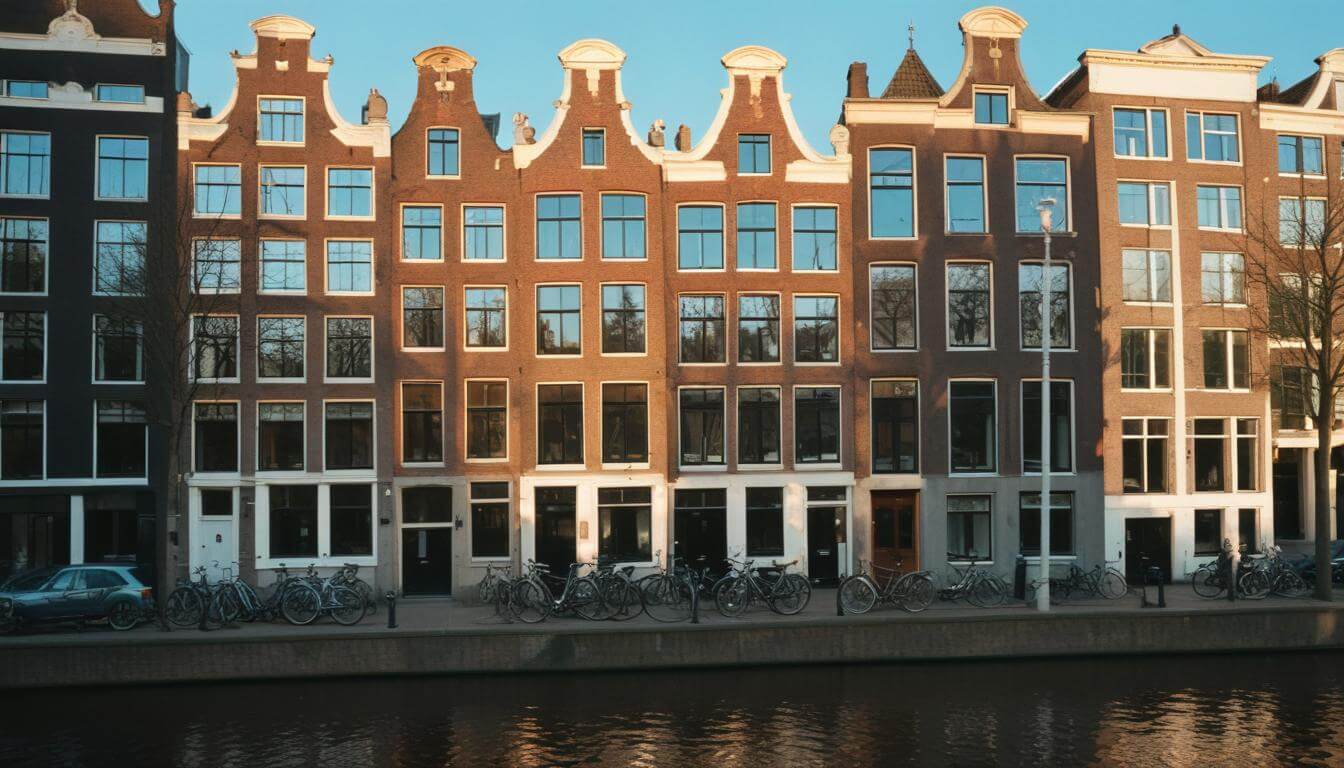The Dutch government’s latest attempt to establish a controlled cannabis market is expanding its efforts across the nation. This phase includes allowing more cities to sell marijuana produced by licensed growers, aiming to optimize quality and variety—an endeavor that signifies a substantial shift from previous policies.
The origins of the Dutch marijuana policy
The Dutch policy of de facto decriminalization emerged in the 1970s, introducing a nuanced system that distinguished between “soft” and “hard” drugs. Known as the “front door, back door” model, this system allowed the legal sale of small amounts of marijuana through licensed cafes. Still, it kept the bulk production and wholesale distribution illegal. As Amsterdam gained fame as a drug-friendly haven, this policy was scrutinized for its inconsistencies and lack of control over the supply chain.
Rationale behind change
The primary impetus for reform stems from safety concerns. Officials like Breda’s Mayor Paul Delpa argue that while consumers can legally purchase marijuana at licensed coffeeshops, the illegality surrounding the cultivation and wholesale buying poses significant risks. Therefore, a regulated framework could potentially address these safety issues by ensuring consistency and quality in the marijuana offered at these establishments.
The new phase of the experiment
The next stage of the Dutch cannabis experiment has been broadened to include coffeeshops in eight additional cities. These establishments are now permitted to sell cannabis produced legally by state-approved growers. This expansion reflects an effort to create a closed-loop chain from production to retail, reducing reliance on black-market sources.
Aims and objectives
The program aims to review and refine several facets of marijuana sales. Key goals include optimizing the “quantity, quality, and diversity” of available products. By closely monitoring these elements, authorities hope to ensure that regulatory measures are adequate to maintain high standards while eliminating illegal production methods. The overarching goal is to render the older policy obsolete, which has legalized possession and sale in small amounts but not bulk production.
The impact on local communities
Municipal leaders like Mayor Paul Delpa have been vocal proponents of transitioning to a regulated system. They contend that removing illicit aspects of the supply chain will make local communities safer and create a more transparent marketplace. Thus, local governments are playing crucial roles in shaping and monitoring the implementation of these new rules.
Public reception
The public’s response to these changes has been generally positive, with many viewing regulations as a means to provide safer, more reliable access to marijuana. However, some still harbor apprehensions about potential regulatory inefficiencies or unintended consequences such as increased consumption or further stigmatization of users.
The future of marijuana regulation in the Netherlands
The long-term vision of this expansive experiment is to phase out the outdated policy comprehensively. By replacing it with a fully regulated market, officials aim to offer a blueprint for other countries grappling with similar issues related to marijuana legalization and control.
Broader implications
If successful, the Netherlands’ approach may influence international drug policies by showcasing how a well-regulated legal market can coexist with public health and safety objectives. Focusing on quality control and rigorous licensing processes, this experiment serves as an essential case study for countries experimenting with their own forms of drug decriminalization and regulation.
The Netherlands’ expansion of its marijuana production experiment represents an ambitious attempt to modernize and streamline its approach to recreational cannabis. As more cities join this initiative, the global community will be watching closely to gauge its success and potential applicability beyond Dutch borders.





